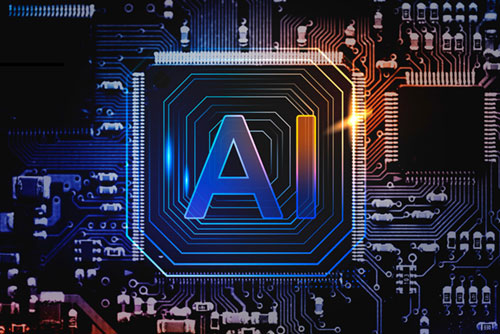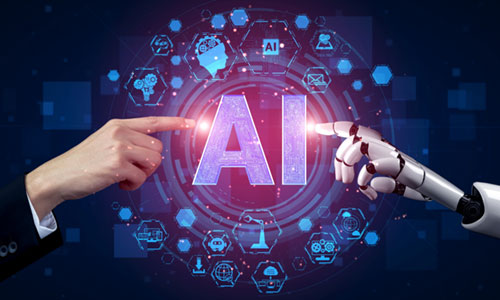Overview of policies, strategies, and philosophies related to our AI Implementation.
We have training programs for the following areas. Please Contact Us if you need your staff to be trained.

Our structured training courses conducted online will benefit your employees in the City and County. Smart City Ca USA, ECS Design, Inc., and GreeGMVNorcal are actively orchestrating and implementing the mission to catalyze a rapid transition to a clean energy economy. Partnering with Gov’t AI by acting as a Vendor creates a bridge to engage with community leaders, Energy Tech Vendors, City officials, and Government agencies such as BayRen, CPUC, the Department of Energy’s Community Engagement, the San Jose Public Works department for Housing, and Work2Future for the community’s workforce development. Every city may implement its processes with Vendors, but it is important to ensure justice, equity, and inclusion for small businesses or Vendors. Selling to government agencies is not just about building trust. It’s about partnerships between government agencies, government agencies to the community, government agencies with private sections, and businesses large and small. Thus, the partnership is just as important for successful AI deployment.
AI System Configuration
AI-driven heat pump systems rely on precise configuration to optimize efficiency, performance, and energy savings. During setup, AI algorithms analyze environmental data, such as outdoor temperature, humidity, and occupancy patterns, to adjust heating and cooling outputs dynamically. Proper configuration includes setting operational parameters, integrating with smart home or building management systems, and enabling machine learning features to improve performance over time. Regular monitoring and updates ensure the AI system continues to enhance efficiency while maintaining user comfort and reducing energy costs.
AI model customization
AI model customization for heat pumps involves tailoring the AI algorithms to meet specific environmental, operational, and user requirements. This process includes configuring the model to account for local climate conditions, building insulation levels, and energy usage patterns. Customization ensures the AI system can predict and adapt to fluctuations in demand, optimizing energy efficiency and maintaining consistent indoor comfort. Additionally, models can be trained to prioritize sustainability goals, such as reducing carbon footprints, or to integrate with renewable energy sources for maximum efficiency and cost savings.
AI solution implementation

Implementing an AI solution for heat pumps involves integrating AI technology into the system to optimize performance, energy efficiency, and user comfort. The process begins with installing sensors and controllers to gather real-time data on temperature, humidity, and energy usage. This data feeds into the AI system, which uses advanced algorithms to predict heating and cooling needs, adjust settings automatically, and identify potential issues before they arise. Successful implementation requires thorough testing, seamless integration with existing infrastructure, and ongoing calibration to ensure the system operates efficiently under varying conditions.
AI Auditing/Technical Evaluation
AI auditing and technical evaluation for heat pumps ensure the system operates efficiently, accurately, and within compliance standards. This involves reviewing the AI algorithms, analyzing performance data, and verifying that the system meets energy efficiency and comfort goals. Key steps include assessing data accuracy from sensors, evaluating decision-making patterns of the AI, and identifying areas for improvement or retraining. Regular audits help detect anomalies, reduce operational risks, and ensure that the AI adapts effectively to changing conditions while maintaining optimal functionality and energy savings.
AI Training
AI training for heat pumps involves teaching the system to analyze data and make intelligent decisions to optimize heating and cooling operations. This process uses historical and real-time data, such as temperature trends, energy consumption, and user preferences, to train the AI model. During training, the AI learns to predict demand, adjust settings automatically, and identify inefficiencies or potential system faults. Continuous training is essential to improve performance, adapt to new environmental conditions, and ensure the system remains effective in delivering energy efficiency and user comfort.
Company Use of AI Tools Internally
AI tools can significantly enhance internal operations for companies specializing in heat pumps. These tools streamline processes such as product design, performance analysis, and predictive maintenance. For instance, AI can analyze system data to predict potential failures, allowing technicians to address issues proactively. It can also assist in optimizing supply chain logistics by forecasting demand for parts and components. Internally, AI tools improve training programs by simulating real-world scenarios, helping teams better understand and troubleshoot heat pump systems, ultimately boosting efficiency, reducing costs, and improving customer satisfaction.
